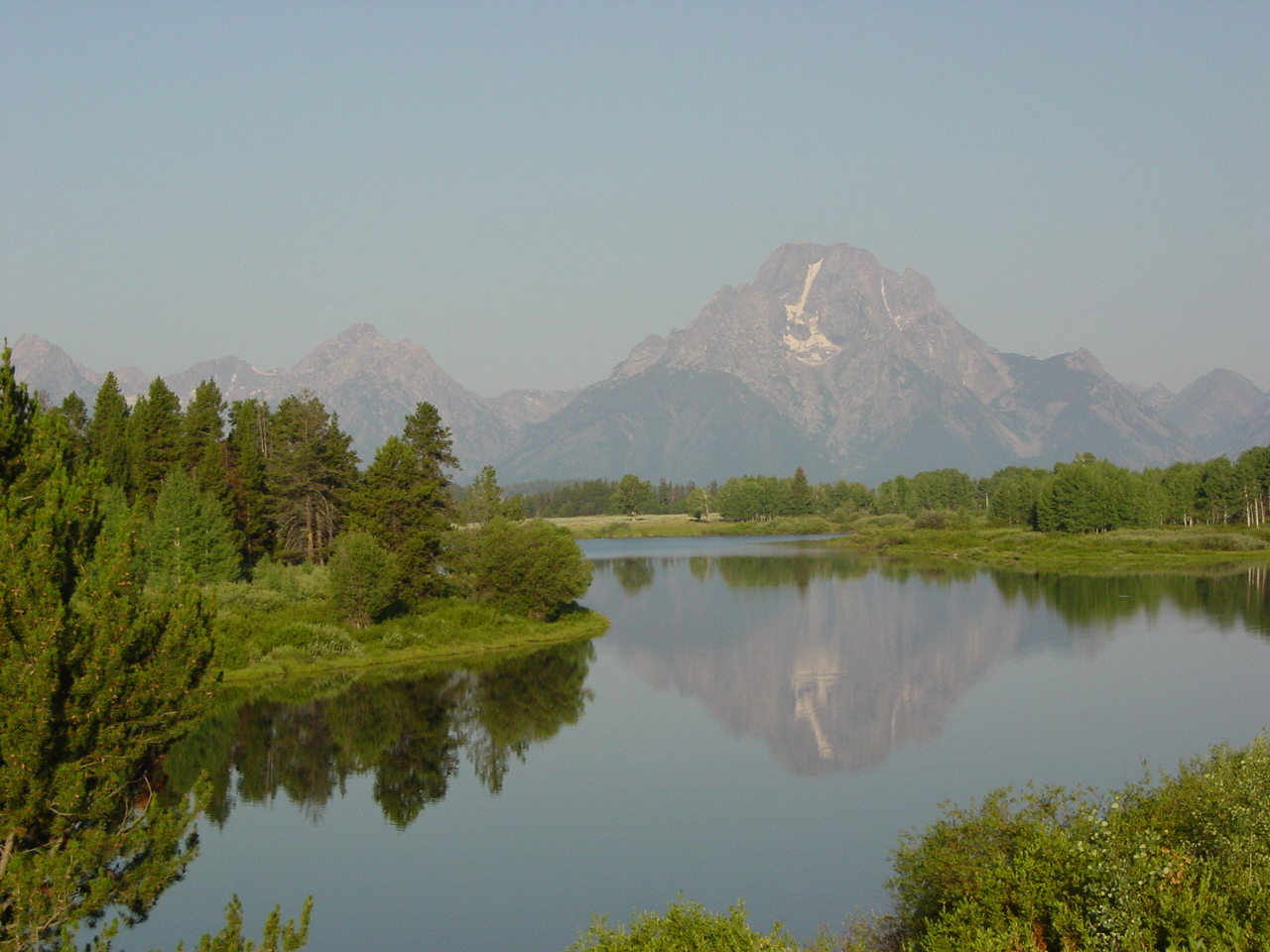Great Depression Consultants: Plans to Economize State/Local Governments
Wyoming has spent money on outside consultants for many years. Perhaps the most notorious of these studies was authorized during the Great Depression when the state was strapped for funds and both parties refused to accept any federal government help from the newly created New Deal programs established during the “first 100 days” of the Democratic administration of President Franklin D. Roosevelt. This account of the sobering experience with expensive outside consultants comes from a chapter in “New History of Wyoming,” a web history by Dr. Phil Roberts.
“[Governor Leslie] Miller told the legislature soon after his inauguration that he would be seeking ways for the state to “economize” so that taxes would not have to be raised. With less money going to taxes, Miller reasoned, maybe Wyoming businesses would survive, if not prosper. He asked the legislature to authorize a study to determine possible areas for savings. The legislature passed an appropriation to allow a special commission, made up of legislators from both parties, to hire a consulting firm to investigate the possibilities.
“In the spring of 1933, the State commission hired the Griffenhagen company of Chicago to conduct the study and report back to them and to the legislature in the fall. Griffenhagen experts interviewed Wyomingites throughout the state and examined the financial records of state agencies as well as counties and municipalities. In the fall of 1933, the company reported to the commission that they were ready to make a series of valuable recommendations to stabilize state and local government spending. Gov. Miller called a special session of the legislature to assemble in Cheyenne in December to consider the Griffenhagen proposals. But as the report components became widely known, few Wyoming people saw much value in pursuing them.
“One way to save money, the report stated, was to consolidate the 399 existing school districts in Wyoming into one statewide district, governed by one school board and headed by one superintendent. All hiring would be done centrally as well as the ordering of books and other supplies. The report pointed out that efficiencies of all kinds would result. For instance, what if, suddenly, Sheridan County had too many teachers and Sweetwater County had too few? With a statewide school board making all of the decisions, the ‘excess” teachers from Sheridan could be sent down to Sweetwater County. The teachers would be forced to move to anywhere they were needed in the state. Efficiencies in ordering even such mundane items as floor wax would save substantial money. Rather than ordering the needed wax in small quantities by each of the 399 districts, the state board could order a bulk amount and distribute pints or quarts of it among all of the school buildings in the state. School officials, almost uniformly, were horrified at the proposal. Not only would it subvert “local authority” over their schools, but it would allow for all meaningful decisions to be made by a handful of people in Cheyenne who, likely, would have no concept of local needs or conditions.
“The Griffenhagen report found another way to “economize” by consolidation—combine all law enforcement in the state, including town marshals, game wardens, county sheriffs–into one “super-agency” state police force to be run by a chief in Cheyenne. Not one county sheriff was found to support the idea. In those times of fascist police forces in Europe mentioned in the daily press, it is not surprising that more than law enforcement officials in Wyoming were opposed to this proposal.
“Another way to economize, the Griffenhagen report noted, would be to reduce the number of counties from 23 down to perhaps 11 or even 9. The report pointed out that “duplication” in the form of excess courthouses and county officials would be eliminated. Why would any lightly populated county wish to remain in existence, the report implied. With two counties having been created only a dozen years earlier (Teton and Sublette), Wyomingites were not of a mind to radically reduce the number of counties and consolidate county functions into fewer than a dozen towns in the state.
“The Griffenhagen planners went even further than consolidation when they suggested that the legislature itself be reduced to a single-house chamber with no more than nine legislators, elected at large, serving in the body. Look at the huge cost savings, the report noted. The entire legislature could ride around in a large touring car!
“While Gov. Miller might have been amused by this recommendation, the final recommendation certainly did not meet with his approval. The Griffenhagen report recommended elimination of the governor’s office as an elected position (except perhaps to have the governor be present at ribbon-cuttings and other ceremonial functions). Instead, the planners proposed a “state public administrator”—a professional that would not “allow politics” to get into the way of “proper administration” of state business.
“Even the select legislative committee could not go along with the Griffenhagen company’s recommendations. Public opinion was uniformly critical of all of the major proposals.
“In essence, the Griffenhagen planners miscalculated the politics of Wyoming. Yes, the existing structure might be unwieldy and inefficient, but Wyomingites preferred public oversight over government business and ability of the people to have meaningful political control over the functions affecting their lives. The suggestions by outsiders seem silent on such citizen input. The Griffenhagen proposals indeed would have made state and local government “more efficient” and “more centralized,” but that was not want Wyomingites wanted in their government. “The costly Griffenhagen company report was shelved, but Gov. Miller still faced huge economic problems that, at least during the campaign, he believed could be solved without calling on federal government help. After the Griffenhagen report and after the special session of the Wyoming legislature refused to adopt any of its recommendations nor authorize new tax revenues, Miller reluctantly accepted federal help for the state’s economy….”
